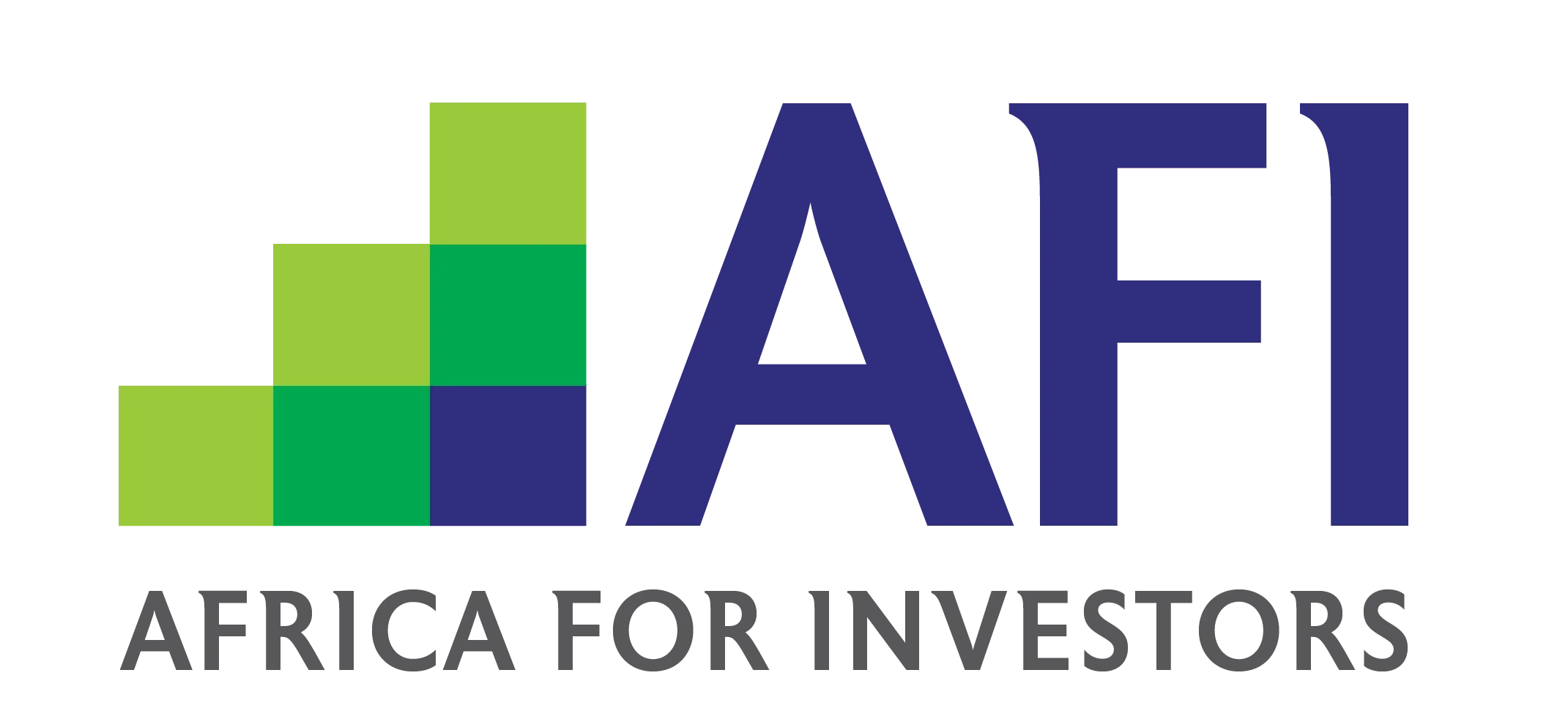
*Note: Name, Email and Phone Number are mandatory.

#InvestInAfricaNow
Middle East textile market size is projected to exhibit a growth rate (CAGR) of 7.18% during 2024-2032 , driven by rising demand for fashion and apparel. As this wave of growth builds, Africa emerges as the ideal location to meet this demand. With over 10% of the world’s cotton production and an annual textile industry value of $23.1 billion, Africa is uniquely positioned to cater to the Middle East’s expanding textile sector. Cost-effective production, strong trade ties, and a rapidly growing industry make Africa a prime investment opportunity for Middle Eastern investors looking to capitalize on this boom.
(Want to know more about the textile sector in Africa? Here’s a more comprehensive overview of investment opportunities in Africa’s textile sector)
The increasing demand for textiles in the Middle East highlights the urgent need for a sustainable and efficient supply chain to support this growth. This is where Africa’s abundant resources and improving infrastructure present a unique opportunity for Middle Eastern investors. By investing in Africa, businesses can tap into a wealth of raw materials, including cotton and wool, and take advantage of the continent's competitive labor costs to build manufacturing capabilities that cater directly to the Middle Eastern market.
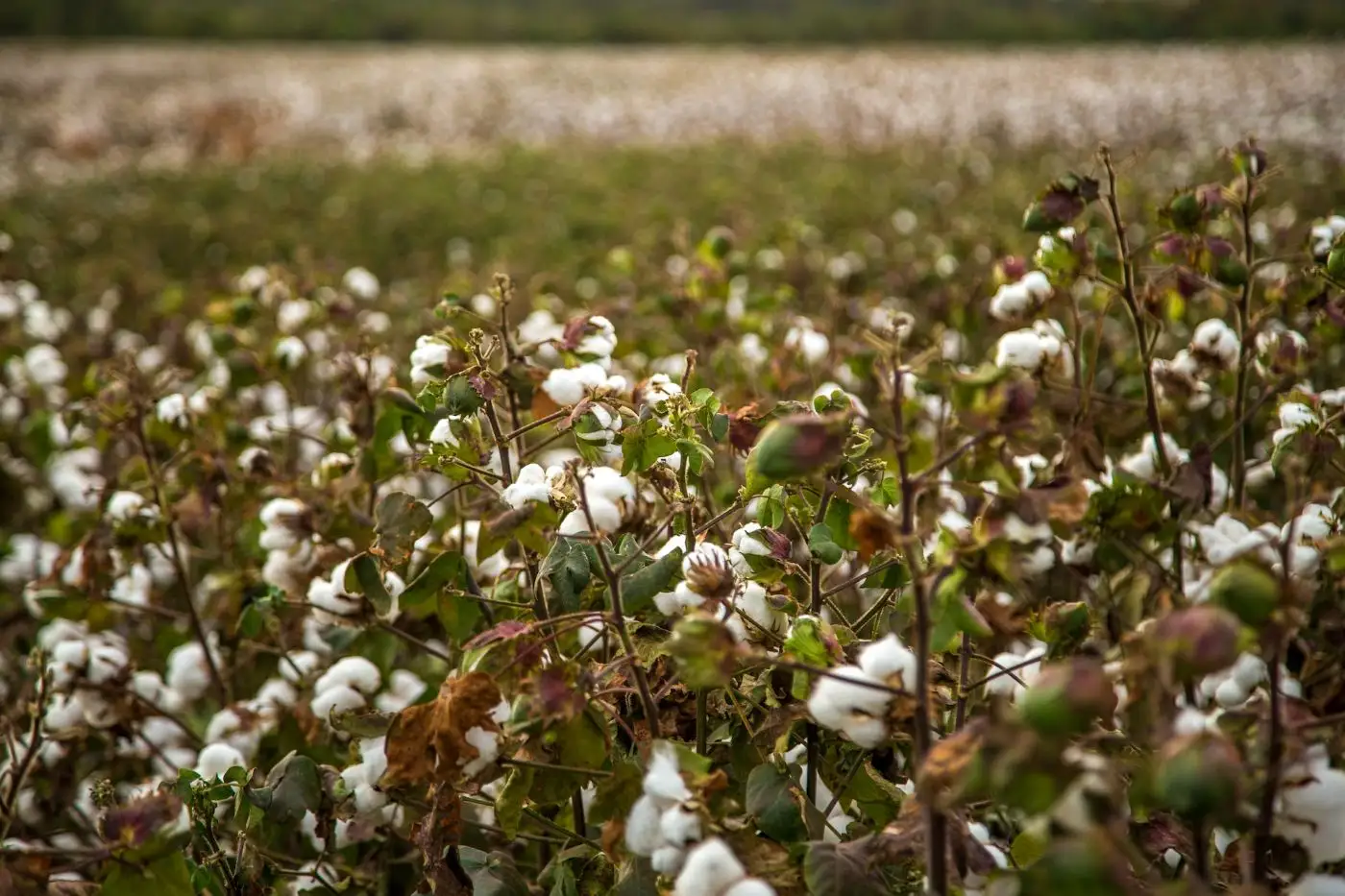
Africa is home to some of the world’s most valuable raw materials needed for textile manufacturing. For example, Egypt is one of the largest producers of high-quality cotton, contributing approximately 5% of the world’s cotton production. According to the International Cotton Advisory Committee (ICAC), Egypt's cotton production is projected to increase to over 600,000 tons annually by 2025. West African countries such as Mali and Burkina Faso are also known for their cotton production, with Mali being one of the top five cotton producers in Africa. The country's production is expected to rise to 800,000 tons annually by 2025 (ICAC).
In addition to cotton, Africa is a significant producer of wool. South Africa ranks among the top 10 wool-producing countries globally, with projected production set to reach 80,000 tons annually by 2025. Morocco, known for its fine wool, continues to expand its wool industry to meet growing demand, with production anticipated to increase over the next decade as global demand for sustainable textiles grows.
Africa also offers an array of other critical raw materials for textile manufacturing. Flax and hemp are increasingly cultivated in countries like Kenya, South Africa, and Ethiopia, with fiber production projected to rise significantly by 2030. South Africa’s flax production is expected to surpass 5,000 tons annually by 2030. Hemp cultivation in Kenya is also projected to expand significantly, supported by increasing global demand for eco-friendly fibers.

Access to Raw Materials: Africa provides a steady supply of critical raw materials for textile manufacturing, including cotton, wool, flax, and hemp. These resources are essential for producing high-demand products like garments, home textiles, and fabrics, all of which are at the forefront of Middle Eastern textile demand.
Competitive Labor Costs: Labor costs in Africa are significantly lower compared to other manufacturing hubs. This cost advantage allows investors to set up large-scale textile operations at a fraction of the cost, while still benefiting off the access to abundant and cheap skilled labor.
Expanding Infrastructure: With improvements in transportation, energy, and technology infrastructure, Africa is quickly becoming a logistics hub that facilitates the efficient production and distribution of textiles. The continent’s infrastructure (modern ports to improved road networks) is well-positioned to support the growing manufacturing needs of Middle Eastern companies.
Favorable Investment Climate: African governments are increasingly rolling out incentives to attract foreign investors. Tax breaks, investment credits, and reduced tariffs for manufacturers are just a few of the policies designed to stimulate economic growth and attract global capital.
Strategic Location: Africa’s geographic proximity to the Middle East—coupled with improving trade agreements—makes it an ideal location for establishing textile manufacturing hubs that can serve the Middle Eastern market. The ability to ship products quickly and efficiently through Africa to the Middle East creates a seamless supply chain that benefits both regions.
By investing in Africa’s resource-rich environment, Middle Eastern businesses can secure a reliable and cost-effective manufacturing base. This investment not only ensures the supply of high-quality materials and products for the textile market but also creates new job opportunities, boosts the African economy, and strengthens global trade relationships. Africa’s resources, combined with its competitive labor costs and improving infrastructure, make it an ideal location for Middle Eastern investors to build manufacturing capabilities that cater to their growing demand for textiles.
The textile market in the Middle East is set for substantial growth, and the region’s demand for products is outpacing the capacity of traditional manufacturing hubs. By investing in Africa’s vast resources, Middle Eastern investors have the opportunity to create a robust manufacturing ecosystem that can meet the increasing demand for textiles while benefiting off Africa’s natural resources and competitive labor market. As the demand for textiles continues to rise, Africa is positioned to become a key player in supplying the Middle Eastern market, providing investors with an unprecedented opportunity for growth and profitability.
1. Why should Middle Eastern investors focus on Africa’s textile sector?
Africa is a resource-rich manufacturing hub capable of meeting the Middle East’s growing textile demand, projected to hit $63.5 billion by 2027.
2. What resources does Africa offer for textile manufacturing?
Africa is a leading producer of cotton, wool, flax, and hemp, critical for producing garments, fabrics, and home textiles.
3. How can Middle Eastern investors benefit through Africa’s textile industry?
Low labor costs, abundant resources, and improved infrastructure make Africa an ideal location for establishing cost-effective manufacturing operations.
4. What makes Africa a strategic investment location for the textile sector?
Africa’s proximity to the Middle East and its growing infrastructure facilitate efficient supply chains, reducing lead times and costs.
5. What factors are driving Africa’s textile industry growth?
An expanding middle class, urbanization, and global demand for sustainable textiles contribute to Africa’s growing role in the global textile market.
Choose the best investment opportunities in Africa's Textile Processing industry and set up a business in Africa's world class industrial zones today, securing a prominent position in the global market.
Get in touch with our Africa investment specialists or support team and expand your business in Africa today!
recommended topics
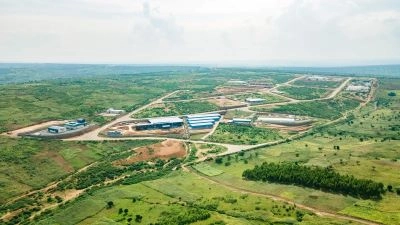
Discover prime locations across Africa for lucrative investment opportunities and strategic growth.
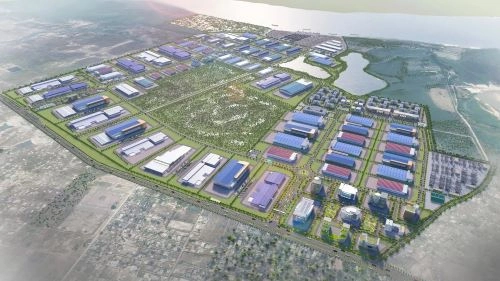
Explore key investment zones in Africa that offer strategic advantages and economic benefits.
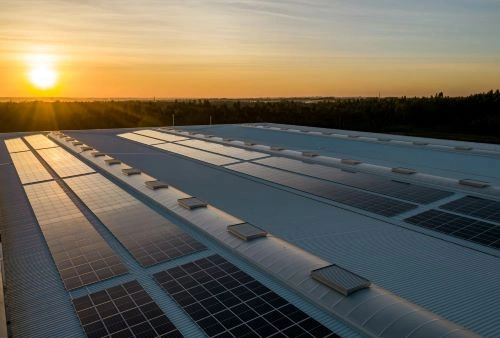
Uncover the best investment opportunities in Africa to maximize your business potential.
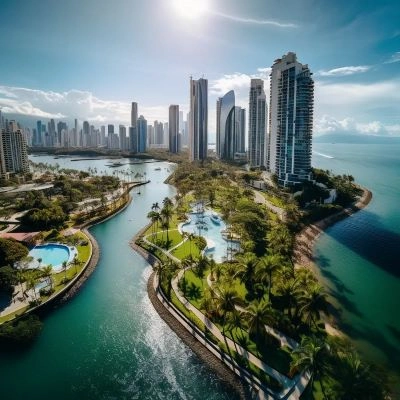
Identify the most promising sectors in Africa for high returns and sustainable investments.
Compare
Dear investor, please compare similar category items- either Locations or Opportunities.
*Already subscribed.
*Enter your name/email.

Sign up for exclusive investment alerts.
Already subscribed? Skip
Thank You For Subscribing to
Africa For Investors.

You will be redirected to AFI’s Linkedin Profile in 10 seconds.
Stay On AFI Website